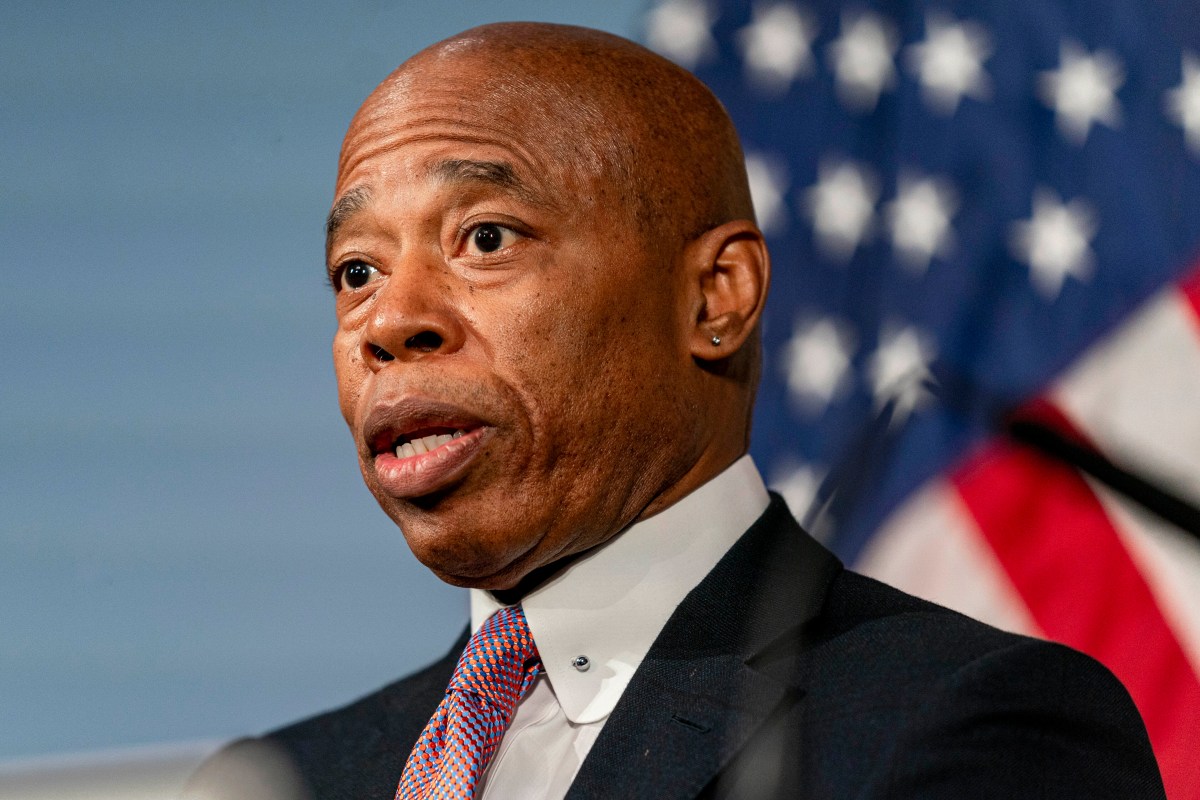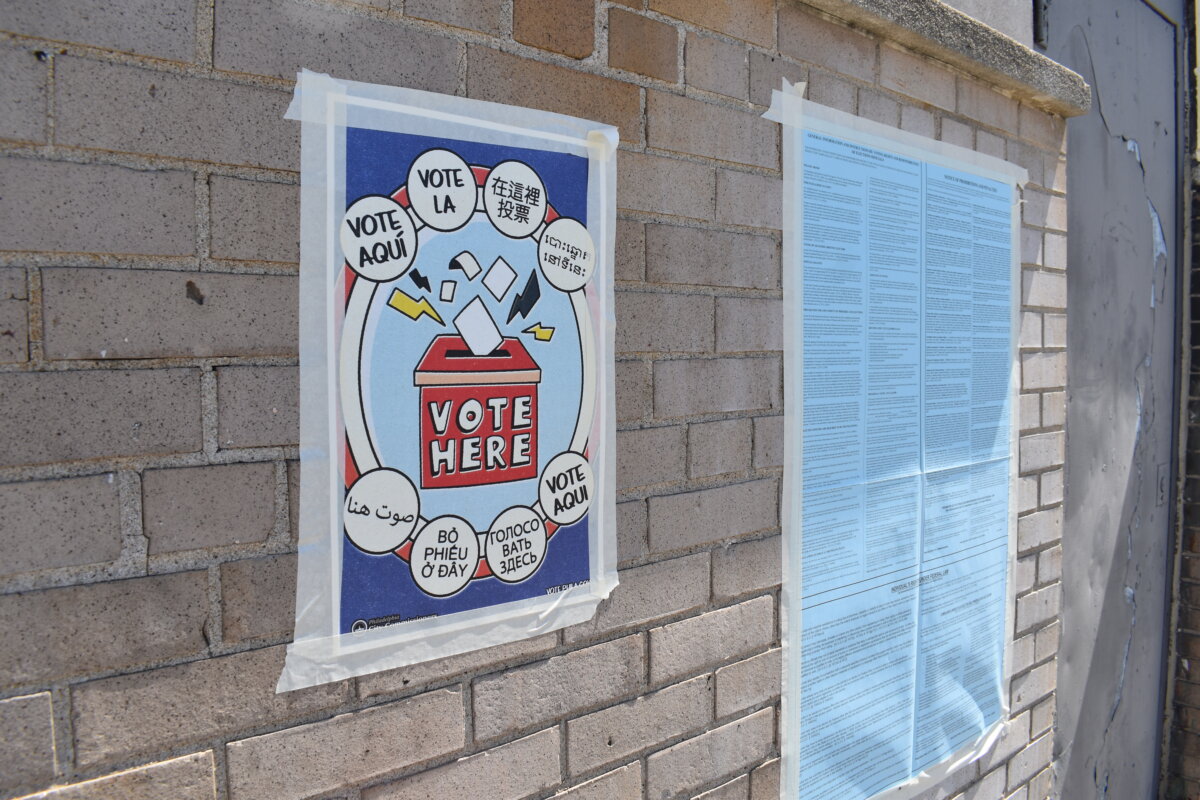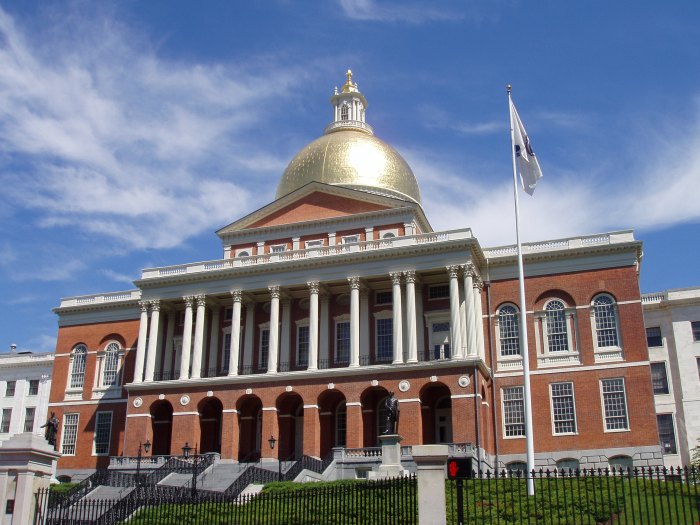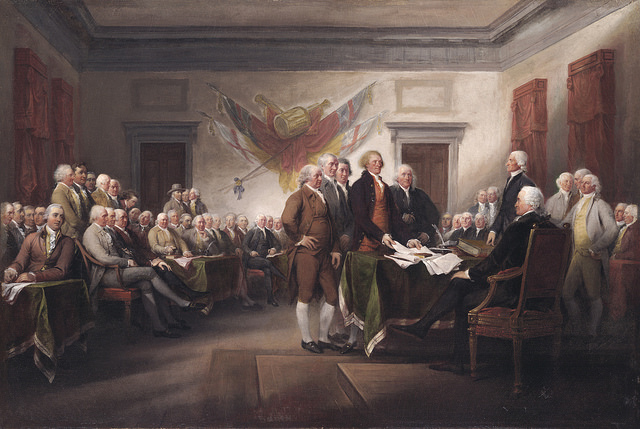Efforts by Massachusetts to ban people under 21 from playing paid fantasy sports games and to stop companies from promoting the games on college campuses drew fire on Tuesday from the fast-growing, multibillion-dollar industry. State Attorney General Maura Healey in November proposed rules that also would prevent the daily paid games from allowing neophytes to compete against highly experienced players; to prohibit fantasy games based on college sports; and to ban professional athletes from playing paid fantasy sports. At a public hearing in Boston, representatives of advocacy groups aimed at combating problem gambling hailed the proposals, particularly the focus on stopping promotion of the contests on university campuses. “College students that play fantasy sports are more likely to develop gambling problems,” said Keith Whyte, executive director of the National Council on Problem Gambling.
Officials from several industry groups at the hearing said they opposed the planned ban on players under 21 and argued against stopping fantasy games based on college sports.
RELATED:FanDuel, DraftKings, DFS wins big – still legal in New York (for now) “At 18 years old, you are old enough to vote in this country and make adult decisions,” said Peter Schoenke, chairman of the Fantasy Sports Trade Association, which has some 300 member companies. But the industry representatives gave measured support to the overall approach by Massachusetts, which was more restrained than that of other states. Officials in New York, Illinois and Nevada have characterized the games as illegal gambling and have imposed state-wide bans. Griffin Finan, a lawyer for Boston-based DraftKings, challenged a proposed limit on players spending more than $1,000 per month on the games unless they could prove they meet certain income standards. Fantasy sports contestants build a roster of players from real-life sports teams and accumulate points based on how those players perform in actual games. Backers of fantasy sports argue they are skilled-based entertainment products, not wagering, but critics say the daily versions allow fans to spend money on the games with a frequency akin to sports betting. Mark Gottlieb, executive director of the Public Health Advocacy Institute at Northeastern University, testified that it would be impractical for the state to try to protect new players from competing against highly sophisticated rivals. “Unless pros stake a lot of money on these contests, the contest prizes will be too low to draw users,” Gottlieb said. “It is necessary to attract large numbers of inexperienced players, sometimes known as fish, to feed those sharks.”
Fantasy sports industry criticizes proposed Massachusetts limits
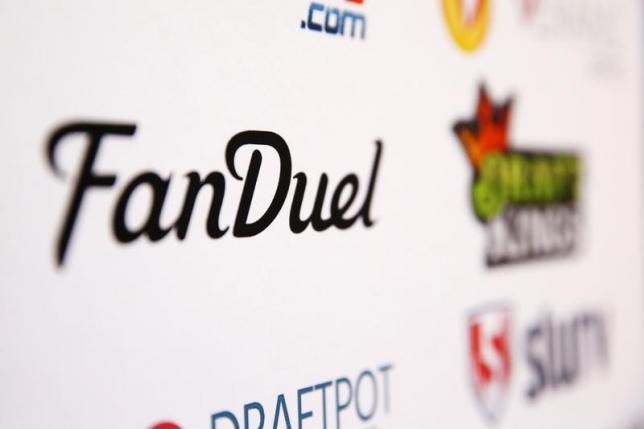
Reuters








